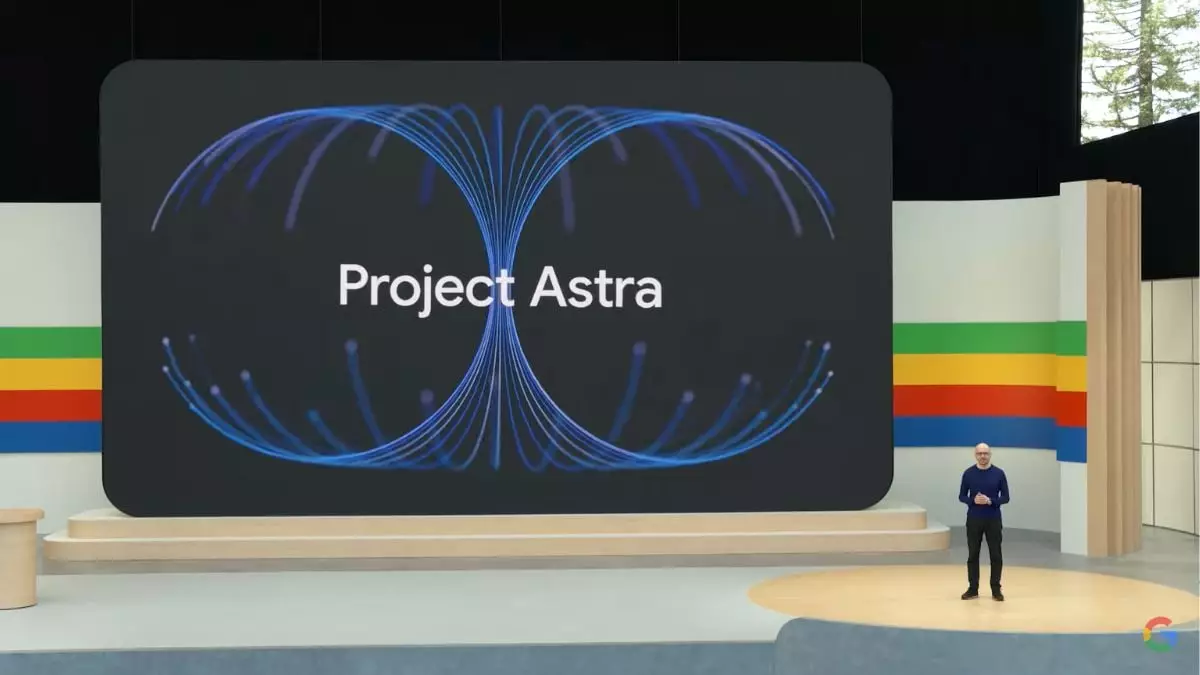Google never fails to impress with its innovative advancements in artificial intelligence. During the Google I/O 2024 keynote session, the tech giant unveiled Project Astra, a groundbreaking AI assistant developed by Google DeepMind. This new AI model showcases real-time, computer vision-based interaction that surpasses existing chatbot capabilities.
The co-founder and CEO of Google DeepMind, Demis Hassabis, introduced Project Astra with great excitement, highlighting the company’s goal of building a universal AI agent that can be genuinely helpful in everyday life. The requirements set for such AI agents include the ability to understand and respond to complex real-world environments, remember information for context, and learn new skills without delays.
In a demo video showcased during the event, a user interacted with the AI assistant through a smartphone camera app. The AI was able to instantly respond to vision-based queries, showcasing its generative capabilities by answering questions with creativity and context. The AI’s ability to identify objects, provide descriptions, and recall information demonstrated the power of its computer vision processing and extensive training dataset.
Despite the impressive capabilities demonstrated by Project Astra, the AI assistant is not yet available for public or private use. Google is still refining the model and exploring potential use cases before making it accessible to users. The development of Project Astra represents a significant leap forward in AI technology, but it also faces competition from other advancements in the field, such as OpenAI’s GPT-4o, which offers similar capabilities and emotive voices.
By pushing the boundaries of AI technology, Google’s Project Astra aims to revolutionize the way we interact with AI assistants, paving the way for more personalized and intuitive user experiences. As the tech industry continues to evolve, we can expect to see more groundbreaking developments that bring us closer to a future where AI seamlessly integrates into our daily lives.


Leave a Reply